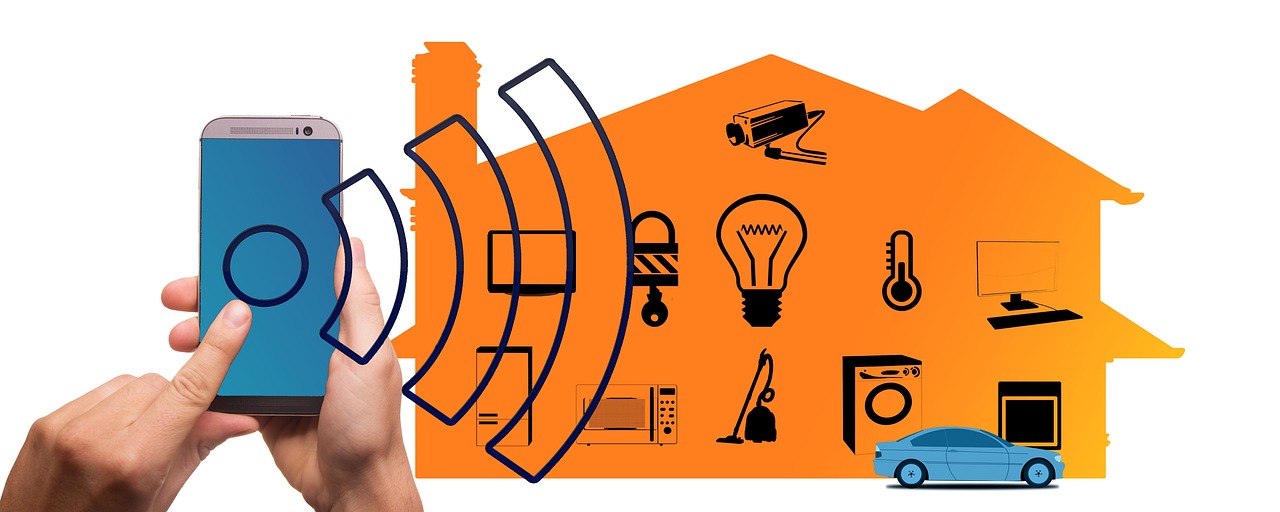Smart appliance standards
On 23 April 2025 the Department for Energy Security and Net Zero, Michael Shanks MP and The Rt Hon Ed Miliband MP announced new standards for smart appliances to save consumers money on their bills as part of the Plan for Change.
The rules will mean new heat pumps, electric vehicle chargers and certain other electric heating appliances must be sold with smart functionality, which customers can choose to activate to access cheaper deals.
Smart appliances allow consumers to shift their electricity usage to times when it is less costly for the energy system. When an appliance’s smart function is activated, it will respond to price signals and can then use energy when it is cheapest, such as overnight. For example, electric vehicle owners with a typical annual mileage can save £332 a year by charging their cars overnight using a time-of-use tariff.
The new framework will introduce requirements for heat pumps to be sold smart-ready, in line with regulations that already apply to electric vehicle chargers. This will give heat pump owners the choice to activate smart functionality and make savings by heating their homes when energy is cheaper. This can save around £100 per year compared to the costs of a gas boiler.
The government will also ensure that a range of appliances including electric vehicle smart charge points, heat pumps, and battery energy storage systems must be able to operate across different tariffs. This will mean that devices are not tied to one energy supplier, and so consumers will not be locked into one plan.
The new regulations for heat devices will apply to hydronic heat pumps, storage heaters, heat batteries, standalone direct electric hot water cylinders, hot water heat pumps, and hybrid heat pumps, all up to a thermal capacity of 45 kW.
In addition, new cyber security standards will be introduced for smart appliances, to protect customers and their data from cyberattacks.
Not only will these measures help smart energy consumers to cut their bills, but lowering peak electricity demand would minimise the electricity infrastructure that needs to be built. This could contribute to saving £40 to £50 billion between now and 2050.
Energy Minister Michael Shanks said: “From EV chargers to heat pumps, smart appliances can do the hard work for consumers by automatically using energy when the price is low. We want to put more money in people’s pockets as part of Our Plan for Change by making it easier for people to benefit from cheaper off-peak tariffs in their home. These new standards will also bring a common-sense approach to smart appliances by ensuring different brands and models can operate across different energy suppliers, allowing consumers to shop around for the best deals.”
The government will, subject to Parliamentary approval, put forward secondary legislation on energy smart appliances within the next year. There will then be a 20-month period to allow manufacturers to update production, before the regulations will be enforced.
The measures follow a consultation on Smart Secure Energy System proposals between April 2024 and June 2024.
[edit] Related articles on Designing Buildings
- BSRIA study shows uptake of convergence and IoT in commercial buildings.
- Internet of things.
- Smart buildings.
- Smart airports.
- Smart city.
- Smart cities design timeframe.
- Smart coating.
- Smart construction.
- Smart glass.
- Smart greenhouse.
- Smart homes in Germany.
- Smart homes may be where the smart money is.
- Smart kitchen appliances.
- Smart meter.
- Smart meter owners report higher, not lower, bills.
- Smart technology.
- The future of smart buildings.
- The Smart building in the smart city.
- What are the benefits of smart homes for Millennial end-users?
Featured articles and news
Apprenticeships and the responsibility we share
Perspectives from the CIOB President as National Apprentice Week comes to a close.
The first line of defence against rain, wind and snow.
Building Safety recap January, 2026
What we missed at the end of last year, and at the start of this...
National Apprenticeship Week 2026, 9-15 Feb
Shining a light on the positive impacts for businesses, their apprentices and the wider economy alike.
Applications and benefits of acoustic flooring
From commercial to retail.
From solid to sprung and ribbed to raised.
Strengthening industry collaboration in Hong Kong
Hong Kong Institute of Construction and The Chartered Institute of Building sign Memorandum of Understanding.
A detailed description from the experts at Cornish Lime.
IHBC planning for growth with corporate plan development
Grow with the Institute by volunteering and CP25 consultation.
Connecting ambition and action for designers and specifiers.
Electrical skills gap deepens as apprenticeship starts fall despite surging demand says ECA.
Built environment bodies deepen joint action on EDI
B.E.Inclusive initiative agree next phase of joint equity, diversity and inclusion (EDI) action plan.
Recognising culture as key to sustainable economic growth
Creative UK Provocation paper: Culture as Growth Infrastructure.
Futurebuild and UK Construction Week London Unite
Creating the UK’s Built Environment Super Event and over 25 other key partnerships.
Welsh and Scottish 2026 elections
Manifestos for the built environment for upcoming same May day elections.
Advancing BIM education with a competency framework
“We don’t need people who can just draw in 3D. We need people who can think in data.”






















